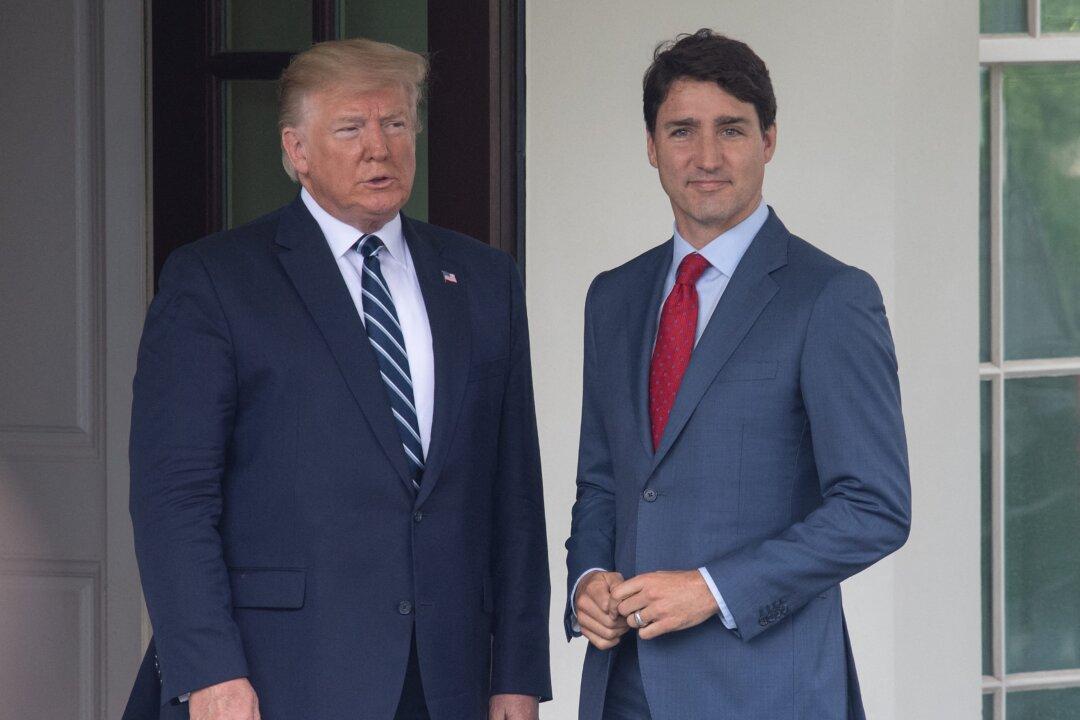Prime Minister Justin Trudeau says Canada will respond to any tariffs incoming U.S. President Donald Trump might impose on Canadian goods, citing previous retaliatory measures that contributed to the removal of U.S. tariffs on Canada five years ago.
Speaking to the Halifax Chamber of Commerce on Dec. 9, Trudeau said tariffs on Canadian imports would raise costs for Canadians and Americans and that Canada would respond as it did to U.S. steel and aluminum tariffs in 2018.





